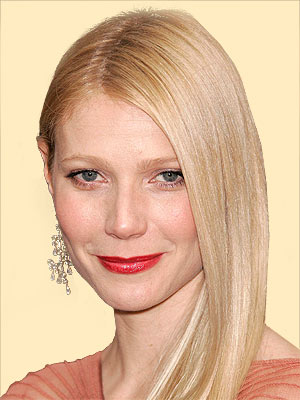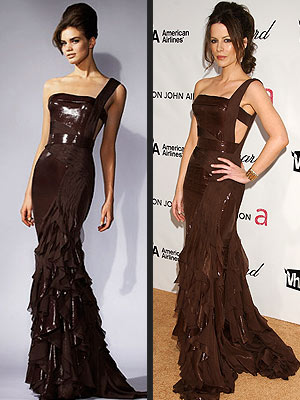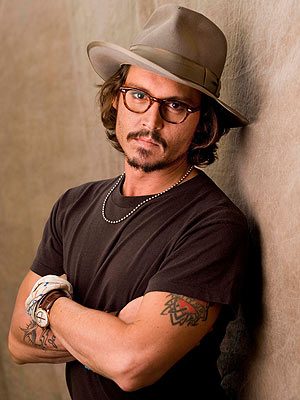Trainspotting (1996)
Braveheart (1995)
Trainspotting = Rejecting Scottish independence. More centered around one character (Renton)
Braveheart = Promoting Scottish independence. More centered around a nation.
Characteristics of British film's today:
Counterculture
-Quirky
-Dark humor
-Lower middle class focus
-Crime/drug usage
-Sex appeal
-Ex. Trainspotting, Guy Ritche films, Shallow Grave, Full Monty, The Crying Game, Calendar Girls, This Is England, Aardman Animations, Sexy Beast
Glorified nostalgia
-Upper class focus
-Costumed period pieces
-Usually a romanticized take on British royalty or important British figures or events (Shakespeare in Love, The Queen, The English Patient)
-Remakes of British classics (Austen/Shakespeare/Bronte)
-Ex. Shakespeare In Love, Ms. Henderson Presents, The Queen, The English Patient, Atonement, The Remains of the Day, Pride and Prejudice, Sense and Sensibility, Kenneth Braughn's Shakespeare films
What's missing?: Action films (Except James Bond, which has been heavily Americanized), Political thrillers, musicals, Horror (except Danny Boyle who's more sophisticated anyway), Teen comedies, family-oriented films, animation (except Aardman), Sci-Fi,
This is: HUGH GRANT

This is HUGH GRANT THE ACTOR

Roles:
Males are often eccentric, bumbling, wise.
-The suave, British romantic (ex. Hugh Grant, Colin Firth, Pierce Brosnan/James Bond)
-The evil genius (Alan Rickman in Die Hard, Anthony Hopkins in Silence of the Lamb, John Lithgow in Cliffhanger, Christopher Lee in LOTR and Star Wars)
-The arrogant "expert" (Michael Caine in Batman, Giles from Buffy, Steve Coogan in Tropic Thunder)
Females usually drop the accent. (Ex. Catherine Zeta-Jones, Kate Winslet, Helena Bonham Carter)

AMERICANIZATION OF BRITISH CINEMA:
-Lots of American money in British films (James Bond films, Shakespeare in Love, Full Monty)
-Lots of English actors crossing over to blockbuster American films (Jason Statham
-British have always loved Hollywood films since 1920s. American films always topped British box offices. In the early 90s, multiplexes became more prominent. These giant theatres offered more choices, which meant more American choices. Tarantino films influenced the culture of Britain in the mid-1990s.
-British film renaissance began in mid-1980s, started picking up steam in America in mid-90s. Compete with American films by focusing on niche genres (counterculture, glorified nostalgia).
British films have won several Best Picture Academy Awards in the past. Danny Boyle's Trainspotting probably the high point.
-Uneven distribution film. Loads of American films go to England each year. Only a small percentage of English films make it to America.
-It's getting harder to tell which films are British and which are American. Many blockbusters that appear British are often funded by American producers (Pirates of the Caribbean, James Bond). American casts are often non-American actors (Batman).
And sometimes it's even hard to tell which actors are British anymore:
English actors and their stereotyped roles
Losing identity: BRITISH OR NOT?

Gwyneth Paltrow

Renee Zellweger

Meryl Streep

Kate Beckinsale

Christian Bale

Daniel Day-Lewis

Johnny Depp
QUESTIONS:
1a. Is there such a thing as British cinema anymore?
1b. Does the United Kingdom have a national identity through its film?
3. Do you recognize the UK's presence in film?
4. Do you think the aspects of national identity are intended for foreign audiences to notice or just for the British?
No comments:
Post a Comment